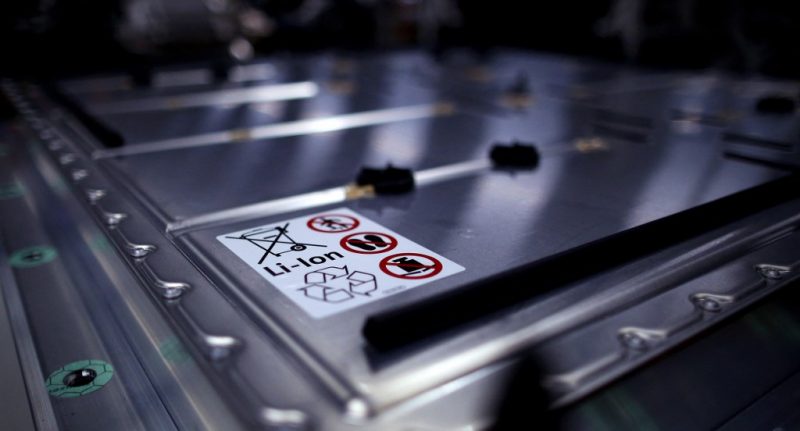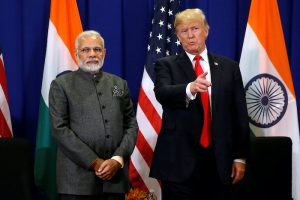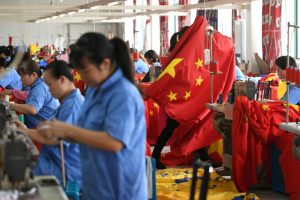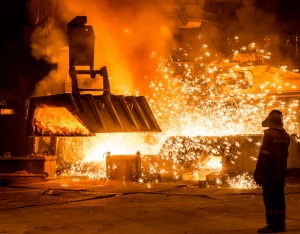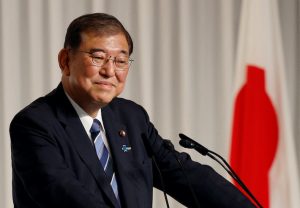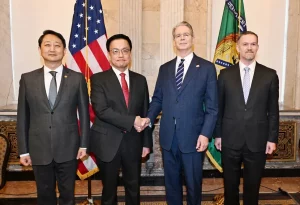Asian battery suppliers and German automakers have joined forces in a multi-billion-dollar marriage of convenience to drive their electric ambitions in Hungary.
The companies are flocking to the central European country, where Viktor Orban’s government is defying Western wariness of China and offering generous benefits to host foreign operations and stake Hungary’s claim as a global centre for electric vehicles (EVs).
Investment in the Hungarian auto industry is being dominated by three countries – Germany, a champion carmaker, plus China and South Korea, EV battery leaders way ahead of European rivals.
Also on AF: West Forms Green Alliance Against China For Key EV Minerals
Companies from those three countries have accounted for 29 out of the 31 cash subsidies handed out by Hungary for major investments in its auto and battery sector over the past decade, according to analysis of government data that shows the scale of German, Chinese and Korean convergence there.
“Cathodes, anodes, separators, assembly lines, the full battery supply chain is here,” said Dirk Woelfer of the German-Hungarian Chamber of Commerce in Budapest. “This is a foot in the door to Europe.”
Recipients of such subsidies included the likes of German automakers BMW and Mercedes-Benz, and battery makers such as China’s BYD and Korean rival Samsung SDI. The median subsidy level has been 15% of investment.
In total, Hungary has received over 14 billion euros ($15 billion) in foreign direct investment into its battery sector alone in the past six years, according to government figures.
State incentives and the opportunity for automakers and battery suppliers to work next door to each other is proving a strong pull, according to about 20 industry players and consultants in Germany, Hungary, China and South Korea.
China’s CATL, the world’s No1 EV battery maker, and Korean battery giants SK Innovation and Samsung SDI, all said that the planned proximity to German carmakers was a key factor in their decisions to invest in Hungary, as well as being able to source separators and other components there.
CATL is investing $7.6 billion to build Europe’s largest battery plant in Hungary. This plant and the $2.1 billion BMW factory will both be sited in the city of Debrecen, which is attracting an ecosystem of suppliers, ranging from makers of brakes and battery cathodes to industrial machinery.
But Hungary’s welcome to Asian battery makers might jar with concerns expressed by Brussels and Berlin about the perils of Europe becoming too dependent on China and other foreign powers, particularly in technologies central to the green transition.
EU’s Asia Technology Reliance Fears
Still, for now, the need to ramp up EV output leaves the European auto industry little choice but to source from Asian players, said Csaba Kilian of Hungary’s automotive association.
Europe should have a EV battery manufacturing capacity of 1,200 gigawatt hours (GWh) by 2031 if current plans come to fruition, outstripping expected demand of 875 GWh, Benchmark Mineral Intelligence (BMI) estimates.
But of that 1,200 GWh, 44% will be provided by Asian companies with factories in Europe, ahead of homegrown firms on 43% and US pioneer Tesla with 13%, according to a Reuters calculation based on BMI data.
Asked about concerns about a reliance on Asia for technology, an EU official said the bloc – which must approve member state subsidies to investors – had a system in place to cooperate and exchange information on investments from non-EU countries that may affect security.
The European Commission is currently in talks with Hungary over the size of the subsidy the country will offer to CATL for building the Debrecen plant, the official added.
On the battery side, CATL told Reuters it was considering developing solar power with local partners in Hungary.
- Reuters with additional editing by Sean O’Meara
Read more:
Hyundai, SK Team up to Build New US EV Battery Plant
US, Europe Chase Cheaper EV Battery to Curb China Dominance
Asian EV Battery Makers Seen Dominating Sector in Europe




